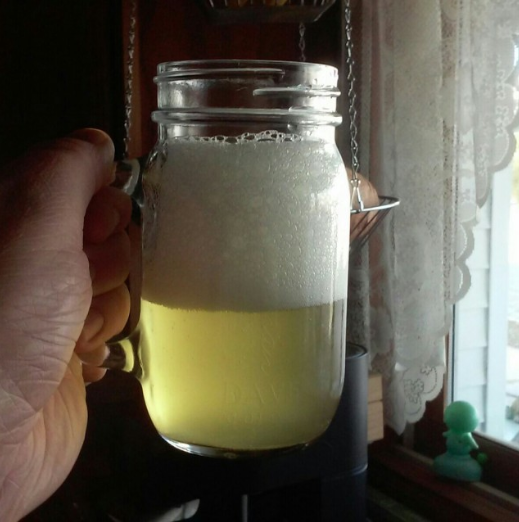bernardsmith
Well-Known Member
I regularly bake bread. The loaves I bake use flour milled from unmalted (raw) grain I get from the supermarket. I add bakers yeast to the flour with some water (but no sugar) and the yeast very soon begins to produce CO2 and so is presumably fermenting the sugars it finds in the flour. And this fermentation can go on 24 hours or longer if I let it. But brewers would say that you cannot ferment grains without malting. If so, what makes bread rise?
Are there significant amounts of simple sugars in wheat or barley or rye flour? And if there are why do we need to malt grains to make beer? Is this just a matter of "efficiency" - ie I might manage to get only a 1% ABV ale without malting? But my main question is how does simple bread yeast ferment flour if the only way to allow the yeast access to the sugars in grains is through the action of enzymes released through malting?
Are there significant amounts of simple sugars in wheat or barley or rye flour? And if there are why do we need to malt grains to make beer? Is this just a matter of "efficiency" - ie I might manage to get only a 1% ABV ale without malting? But my main question is how does simple bread yeast ferment flour if the only way to allow the yeast access to the sugars in grains is through the action of enzymes released through malting?



